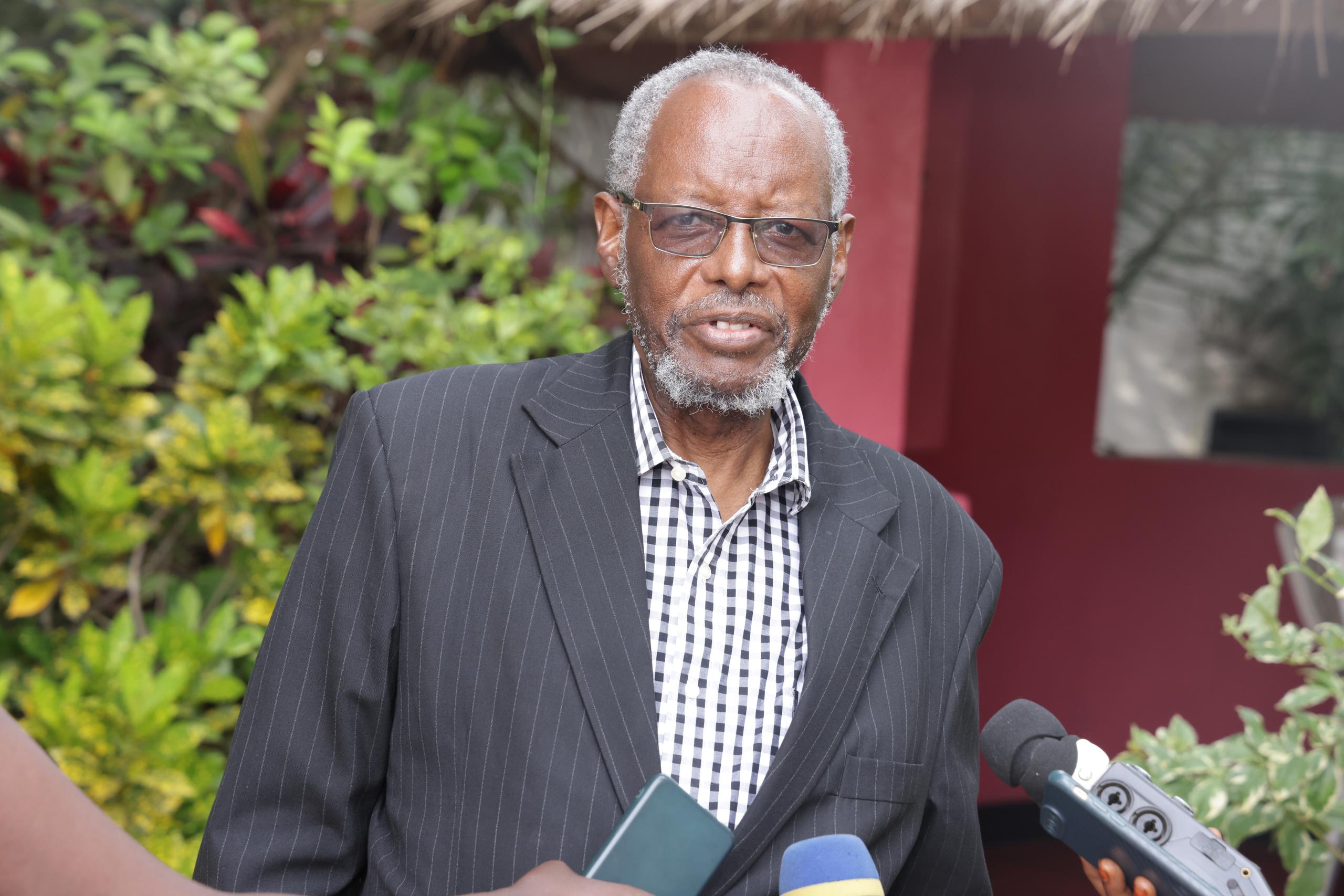BUJUMBURA, February 14th (ABP) – The implementation of the application texts is essential for a possible and feasible evaluation of the policy for the promotion and protection of the rights of people with disabilities. This was said on Wednesday, February 12, 2025, by Pierre Claver Seberege, chair of the confederation of networks of organizations of people with disabilities in Burundi (CORPHB), during the work of validating the national strategic policy for the promotion and protection of the rights of people with disabilities.
In addition, he said, the application texts must be put in place so that the evaluation is possible and feasible.
According to him, this policy must be monitored because it will serve as a reference for all stakeholders, whether government, civil society, or people with disabilities themselves. He mentioned that from 2018 to 2022, such a policy existed but did not bring results for multiple reasons. Seberege was delighted that the validated policy is based on the country’s major development guidelines: the revised PNB 2024-2027 and Burundi’s development plans, he said. In addition, the application texts must be put in place so that the evaluation is possible and feasible.
Given that this validated policy is spread over a period of 10 years, during this work, periodic evaluation mechanisms of the implementation were proposed. The evaluation period of the strategy of this proposed policy is 3 years.
Speaking about the figures for people with disabilities living in Burundi, Seberege indicated that their number is unknown in the country, which, according to him, constitutes a significant gap because it becomes difficult to be able to assess the degree of their satisfaction.
He estimated that, although the data is not available, the number of people living with disabilities increases from year to year for multiple reasons, including wars, disabling diseases and invisible disabilities. In this case, Seberege said, it becomes difficult to be satisfied or not with the action taken because the latter is carried out for people living with known disabilities.
Another challenge he raised is the high cost of specialized orthopedic equipment for people living with disabilities including canes, wheelchairs which are not exempt. Seberege, calls on the competent authorities to exempt this equipment.

